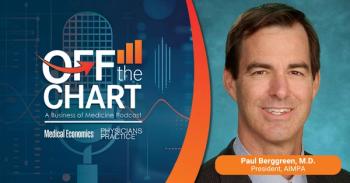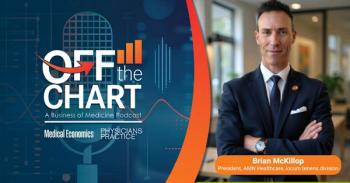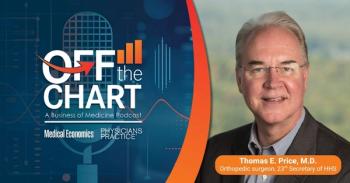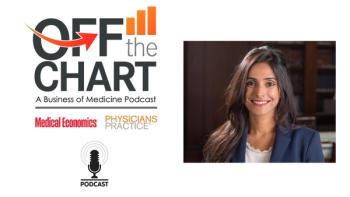
Shortages of Primary-Care Providers Will Affect Aging Americans
My father’s last ski run got me thinking: The unprecedented growth of the oldest Americans is putting significant demands on our society and healthcare systems, including primary-care providers.
“You know, when you get old in life things get taken from you. I mean that's...part of life. But, you only learn that when you start losing stuff. You find out life’s this game of inches.”
- Coach Tony D’Amato
I went skiing with my 79-year-old father this past week and it was a really depressing and sobering day. My father learned to ski in 1948 and by all measures was an expert skier his entire life. He taught my siblings and me to ski - seemingly from the time we learned to walk. Having to spend the last couple of years dealing with my mother’s extended illness and recent demise from sarcoma, he had not been skiing in more than four years.
The father that I see is one who is working and active in his life with dancing and exercise. He also has significant co-morbidities, the main one being cardiovascular disease. He called me last week and invited me to go skiing with him. He had to know if he retained the ability to do something he loved. I was apprehensive, but wanted to give him the benefit of the doubt.
I knew that we were in trouble the minute he fell getting off of the chairlift at the top of the first run. He fell three more times trying to traverse an easy 100 yards of slope, a slope that he and I would have negotiated in five seconds ten years ago. After the last fall, and with emotion and tears, he admitted defeat. His muscle weakness, lack of equilibrium, and lack of cardiac reserve got the best of him.
My father took the last run of his life in a ski patrol toboggan and hung up his skis forever. As someone who approaches his 56th birthday, and has delivered healthcare for 31 years, I have been more acutely aware of my own physical limitations, and spend more than a little time thinking about personal health and mortality. My father’s last run was too close to home.
And it got me thinking about an even bigger issue: Whether there will be adequate healthcare resources for aging Americans in a few years.
According to the Population Resource Center, About one in eight Americans are age 65 or above today, compared to one in 10 in the 1950s. By 2030, one in five Americans will be 65 or older, roughly the same as Florida today. The number of people age 65 or older will nearly double between 2000 and 2030.
Thanks to improving longevity, there were about six million Americans age 85 or older in 2010 - twice as many as in 1990. The unprecedented growth of the oldest Americans is putting significant demands on our society and healthcare systems at a time when human and other resources to deal with this reality are highly strained.
Our current medical and nursing educational systems can’t produce enough primary-care providers such as physicians, physician assistants, and nurse practitioners. Another problem is that primary-care providers trained in and skilled at gerontology are in shorter and shorter supply as the aging population expands.
In my opinion, one way in which to better match resources to demand is to better value the services through incentives and higher reimbursement. Human resources will “follow the money” and better serve areas of need.
Another way in which to move human resources into areas of need is through training grants and loan forgiveness for primary-care providers who commit to serving populations of need.
To a certain extent, recent health reform legislation attempts to do this, but more solid action is needed to meet the critical short and long-term demands of serving our aging population.
I think that denial is a natural reaction when it comes to parents and our loved ones. In living with them, and remembering all the good times, we don’t see the slow deterioration in their quality of life and health until we try to do some of the things that we always did as a family. A day that should have been a joy to us was yet another start reminder of the inevitable march of life.
As I now rapidly pass out of “middle age,” I have become a lot more concerned about these issues and the way in which we care for our aging Americans. Through personal experience, and watching the inevitable deterioration in the people around me, it is becoming apparent that we have much to do in adapting our healthcare system to meet the needs of our population.
It is up to us all as healthcare providers to lead in changing the health policies driving our healthcare system in better serving the needs of our aging, and all populations.
Find out more about Stephen Hanson and our other
This blog was provided in partnership with the
Newsletter
Optimize your practice with the Physicians Practice newsletter, offering management pearls, leadership tips, and business strategies tailored for practice administrators and physicians of any specialty.








